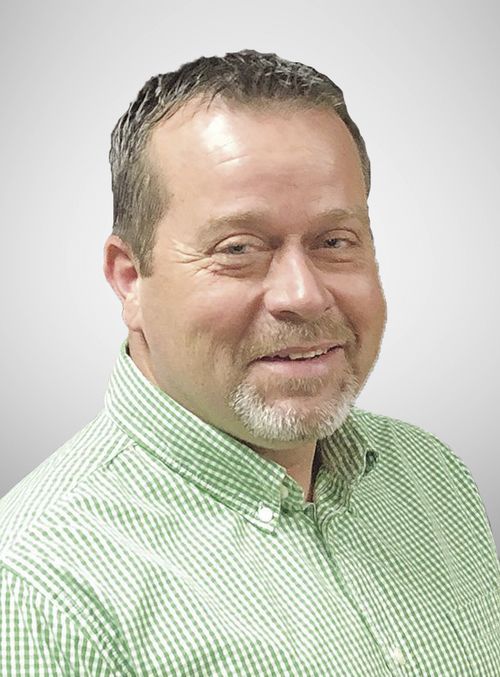County Coroner
Scott Daniel has served as Coroner of Christian County since January of 2019.
The office of coroner originated in England about the eleventh century. The coroner’s duties in the eleventh century were largely economic. However, if any person was murdered, or died suddenly while confined in prison, the coroner was required to travel to the place of death, and inquire into the conditions surrounding the death.
In colonial America, the duties of the coroner essentially followed English tradition, and remained an important one in American local government. The functions of the office were largely related to the identification of unclaimed bodies, the administration of coroner’s inquests to learn the causes of certain deaths, certification of the inquest’s findings to the county court, and the performance of certain limited duties in regard to the office of the sheriff.
The office of coroner originated in England about the eleventh century. The coroner’s duties in the eleventh century were largely economic. However, if any person was murdered, or died suddenly while confined in prison, the coroner was required to travel to the place of death, and inquire into the conditions surrounding the death.
In colonial America, the duties of the coroner essentially followed English tradition, and remained an important one in American local government. The functions of the office were largely related to the identification of unclaimed bodies, the administration of coroner’s inquests to learn the causes of certain deaths, certification of the inquest’s findings to the county court, and the performance of certain limited duties in regard to the office of the sheriff.
A principal duty of the coroner is to determine the cause of death. In the case of deaths occurring from natural circumstances, the extent of inquiry into the death is left to the discretion of the coroner and he may authorize the physician of record to sign the death certificate. However, when a death meets the definition of a coroner’s case, the coroner is required to perform an investigation and to sign the death certificate.
Coroner’s and their deputies have the full power and authority of peace officers, including the power of arrest, the power to bear arms and to administer oaths. In performing investigations, the coroner or his deputy may enter onto public or private property, seize evidence, interrogate persons, and require the production of medical records, documents, or evidence.
Coroner’s and their deputies have the full power and authority of peace officers, including the power of arrest, the power to bear arms and to administer oaths. In performing investigations, the coroner or his deputy may enter onto public or private property, seize evidence, interrogate persons, and require the production of medical records, documents, or evidence.
